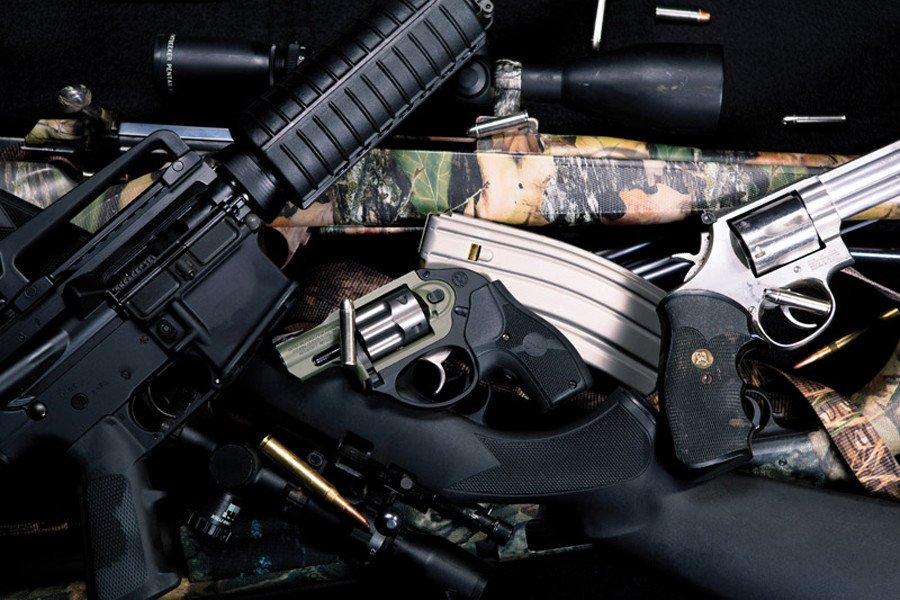Whether you’re an avid hunter or just looking to add some protection to your home, buying an AR-15 rifle can be an exciting experience. But before you start shopping for a rifle, it’s important to understand the different types of rifles, how they work and what you need to do before purchasing one. Here are some things you should take into consideration before stepping into a store.
Configuration
There are many factors to consider when deciding what type of rifle you should buy, but one that many people overlook is the configuration. AR 15 Rifles come in various configurations, from short barrels and pistol grips for home defense to longer barrels with stocks for hunting.
Consider your needs before making any purchase: if you’re going to be using your rifle primarily for home defense or personal protection purposes, then getting a shorter barrel would be ideal since it will allow for more maneuverability and faster target acquisition. However, if you plan on using the firearm primarily for hunting purposes, then perhaps considering a longer barrel would be more beneficial in terms of accuracy and hitting your target when fired at long distances.
Price
Price is always a consideration when buying a rifle, but several factors can affect the price of your next firearm. The first thing to consider is the quality of the rifle and its accessories. A higher quality, more expensive gun will last longer and perform better than one made with cheap materials. You can also add to your price by purchasing extra accessories like Scalarworks sighting system, scopes, or cases for carrying your firearm safely.
Finally, you may consider how much ammunition you plan to shoot with this new gun. If you’re going hunting or shooting at targets in competitions, then having a larger caliber barrel will probably benefit you more than having multiple barrels for different calibers would.
Caliber
Before considering any other features, you must decide on your caliber. Caliber refers to the diameter of a bullet—it’s an essential factor in determining how much weight and speed it can handle without damaging itself. A smaller caliber will cause less damage when fired into something like a human body than a larger one would while also allowing for greater accuracy. However, the opposite is true if your intent is hunting large game such as deer. In this case, selecting a larger caliber will allow you to inflict more damage on your prey and give it less chance of escape or survival.
Intended use
Your intended use for the rifle will determine many of the features you need. For example, if you’re planning to take your rifle hunting in remote locations, then reliability and durability are going to be high on your priority list. If you’re buying a gun for self-defense or home defense, then ease of use will be more important than anything else. And if you want a gun for target shooting? Let’s just say that accuracy matters more than anything else.
The best way to determine these things is by asking yourself: What do I want my next rifle for? And then, once you’ve decided on the purpose of your rifle, you can begin looking at specific features to help narrow down your search.
Fit and feel
It’s important to understand that when you’re buying a new rifle, your first step should be ensuring that it fits and feels right. This doesn’t necessarily mean size or weight.
In general, fit and feel will depend on personal preference—you’ll want to find a model that feels comfortable in your hands. You should also consider how ergonomic the gun is: Does the stock fit against your shoulder? Are there any sharp edges or uncomfortable places? Do all parts of the gun work together well?
When taking these factors into account, consider not only how well a particular model will accommodate your body but also how easy it will be for you to use it over long periods without experiencing discomfort or fatigue.
Twist rate
A rifle’s twist rate is the number of rotations per inch that the rifling in its barrel makes. The twist rate determines how accurately your bullets will fly and how fast they spin. Bullets that rotate faster are more stable and, thus, more accurate when shot out of a gun. The best way to determine whether or not you have the right bullet velocity for your firearm is to test-fire several different types of ammunition with it.
Conclusion
When looking for your next rifle, there are many things to consider. Whether you want it for hunting, target shooting, or home defense, certain features are more important than others, depending on your needs. The only way to know which one is right for you is by researching and having an idea of what kind of gun you want before going into the store. If all else fails, though? Just ask someone who knows what they’re talking about.



